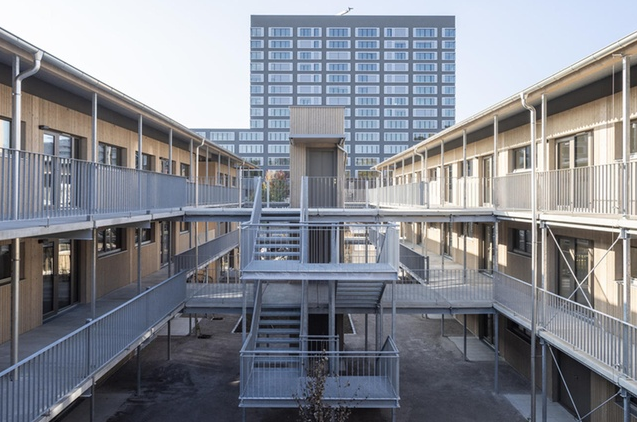Access to home ownership became more expensive. (© Keystone / Ennio Leanza) Rents in Switzerland fell by an average of 0.5% last year but some regions bucked the trend. Last year was a good one for tenants, according to the Swiss Real Estate Offer Indexexternal link, which was published on Tuesday. December alone saw rents dropping 0.4% on average. The most significant drops were in central Switzerland (-1.7%), the Lake Geneva region (-1.1%) and northwestern Switzerland (-0.9%). Meanwhile, rents increased in Ticino (+1.9%), the central Plateau region (+0.8%), the Zurich region (+0.6%) and in eastern Switzerland (+0.3%). Access to home ownership became more expensive. Houses were advertised at prices that were 2.8% higher at the end of 2019 than at the beginning,
Topics:
Swissinfo considers the following as important: 3.) Swiss Info, 3) Swiss Markets and News, Business, Featured, newsletter
This could be interesting, too:
Nachrichten Ticker - www.finanzen.ch writes Die Performance der Kryptowährungen in KW 9: Das hat sich bei Bitcoin, Ether & Co. getan
Nachrichten Ticker - www.finanzen.ch writes Wer verbirgt sich hinter der Ethereum-Technologie?
Martin Hartmann writes Eine Analyse nach den Lehren von Milton Friedman
Marc Chandler writes March 2025 Monthly

Access to home ownership became more expensive. (© Keystone / Ennio Leanza)
Rents in Switzerland fell by an average of 0.5% last year but some regions bucked the trend.
Last year was a good one for tenants, according to the Swiss Real Estate Offer Indexexternal link, which was published on Tuesday. December alone saw rents dropping 0.4% on average. The most significant drops were in central Switzerland (-1.7%), the Lake Geneva region (-1.1%) and northwestern Switzerland (-0.9%). Meanwhile, rents increased in Ticino (+1.9%), the central Plateau region (+0.8%), the Zurich region (+0.6%) and in eastern Switzerland (+0.3%).
Access to home ownership became more expensive. Houses were advertised at prices that were 2.8% higher at the end of 2019 than at the beginning, with an increase of 0.5% in December. For apartments, the price increase for the whole of 2019 was only 0.4%, also thanks to a slight decrease in December (-0.2%).
For 2020 the byword is stability, as the situation is expected to change little, whether in terms of interest rates or general economic developments.
“Thanks to low interest rates, home ownership is still in demand, but due to rising prices it is not affordable for everyone,” said Martin Waeber, director of ImmoScout24, which compiled the index.
At the end of 2017, 59% of Swiss households, roughly 2.2 million, were living in rented accommodation, according to figures provided by the Federal Statistical Office. In February, Swiss citizens will vote on a proposal calling for 10% of all new dwellings built to be reserved for social housing.
Tags: Business,Featured,newsletter
